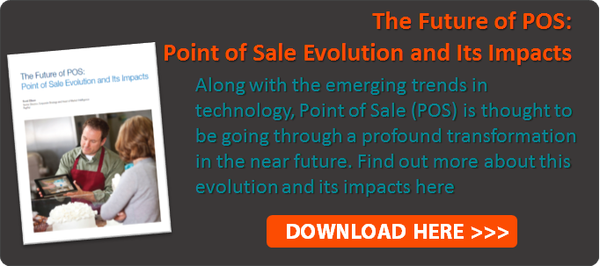Did you know that 91% of your unhappy customers will never purchase services from you again?
A satisfied guest at your restaurant is one who comes back for more. An unhappy guest won't and tells friends and family about their negative experience, so you've not only lost them but potential customers as well. The question then is how to increase your customer satisfaction?
Don't let your guests wait
Apart from food quality, speed of service is also crucial to turning restaurant guests into loyal customers. Your guests often have expectations about how long they will have to wait, and you should aim to meet and exceed their expectations.
Guests who have to wait a long time can easily get irritated and are unlikely to enjoy their meals. There are few things that turn customers away faster than long wait and disappointing service.
There are measures you can take to avoid such situations. Make sure you always have enough staff on hand. Be forthcoming and let your guests know how long it will take to prepare their meals. But ultimately, you should look for a game-changing solution that can actually accelerate your speed of service.
A new trend of POS systems is mPOS (mobile POS) which is highly portable and accessible. Servers can be equipped with these systems and use them anywhere in the restaurant. mPOS can also be installed in food trucks or at outdoor events.

How mPOS systems boost customer satisfaction
mPOS helps restaurants improve their customer experience by reducing human mistakes and increasing speed of service. Servers can receive orders faster and more easily, then send them straight to the kitchen and bar. Some restaurants have been able to reduce their speed of service time to 7 minutes per order and improve table turnover by 15%.
mPOS systems’ mobility increases servers’ engagement and availability to their tables, cut down table turnover rate, and boosts speed of service since such systems lessen the time for taking, modifying, sending orders. More important, servers do not have to walk back and forth to a fixed POS terminal.
From a financial standpoint, there are other reasons why restaurant owners should adopt mPOS systems.
Lower labour costs
Higher table turnover rate also means restaurants can have fewer servers on the floor. Taking into account the fact that labour expenses are among the highest costs a restaurant must face, adopting mPOS is a right step to maximise your bottom line.
“With mPOS, the servers are spending half the amount of time taking the order and half the amount of time taking the payment. If you are turning the tables faster, you don’t need that many servers,” says Anthony Tse, owner of Jack’s and Sushi in New York City.
A friend of Tse, who is also a restaurant owner, has gone from 10 servers to 7 servers and observed a 15% increase in business after implementing mPOS.

Lower implementation / switching costs
Using tablets instead of bulky terminals means the cost of mPOS hardware is considerably lower than those of a traditional system. Additionally, mPOS software is often installed in the cloud. That is, its pricing model is subscription-based. Therefore, an mPOS system offers a much more predictable and manageable TCO (total cost of ownership).
Unlike traditional systems, an mPOS system relies on tablets to which most people are accustomed. Because of their mobility and popularity, these mPOS tablets can be used to engage directly with customers, who then can view menu items, review orders, or complete their payment.
Whether your restaurant is new to POS or in the transition from a legacy system to mPOS software, your guests and servers can learn to use them almost instantly. mPOS software’s nearly “flat” learning curve contributes to lower implementation / switching costs.
Conclusions
The user-friendliness, mobility, and affordability of mobile POS systems enable restaurants to enhance customer satisfaction and improve the bottom line. On top of that, mobile POS’ simple menu interface makes it easier for staff to manage items in the busiest times of the day, improve accuracy, increase speed of service and minimise human errors.
 English
English  Vietnamese
Vietnamese 


